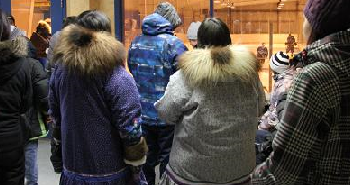Decision-makers must close 50-year ‘action gap’ on climate, says report
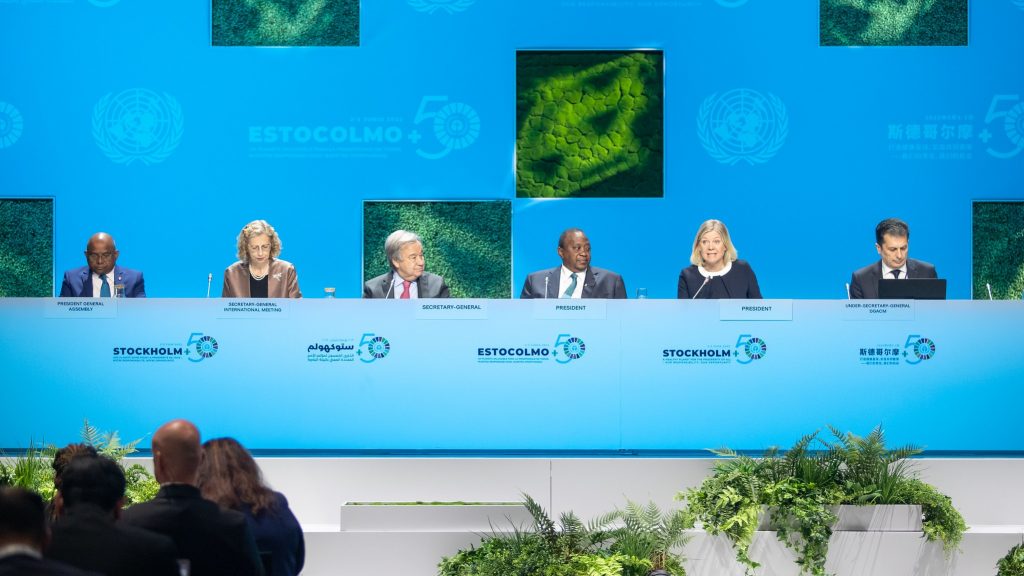
Decision makers must close the 50 year ‘action gap’ on climate, say the authors of a report released in advance of the Stockholm +50 meeting currently underway in Sweden.
“The ‘action gap’ is significant,” authors of the report “Stockholm+50:Unblocking a Better Future,” said.
“We do not have a gap in policies and aspirations, rather in actions.”
The Stockholm +50 meeting got underway on Thursday, marking a half-century since the landmark 1972 UN Conference on the Human Environment. The 1972 gathering put environmental issues on the international agenda and resulted in the Stockholm Declaration and Action Plan for the Human Environment.
Since then, the global community has made massive scientific, technological and social advances on environmental questions, but concrete actions are still lacking, said the report put out by the Stockholm Environment Institute (SEI) and the Council on Energy, Environment and Water (CEEW), a research institute based in India.
“Since 1972, only around one-tenth of the hundreds of global environment and sustainable development targets agreed by countries have been achieved or seen significant progress; it is not enough,” the report said.
“The knowledge and the means of solving our problems are known and available; implementation is missing.”
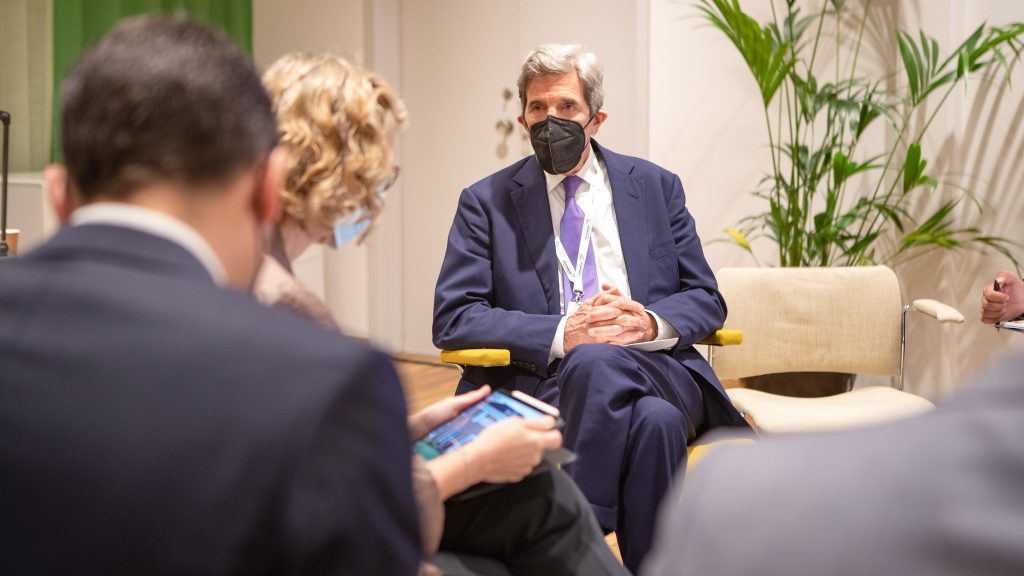
The report stresses urgent action will be required to remove the policy incoherence, weak multilateralism and lack of accountability that it says is impeding response to climate change.
“We must ensure constructive accountability, which not only emphasizes answerability and responsibility but also incentivizes continuously improving performance and loops of raised ambition,” Asa Persson, the research director and deputy CEO for SEI said in a statement upon the report’s release.
“We need to make goals, targets and commitments matter and have value.”
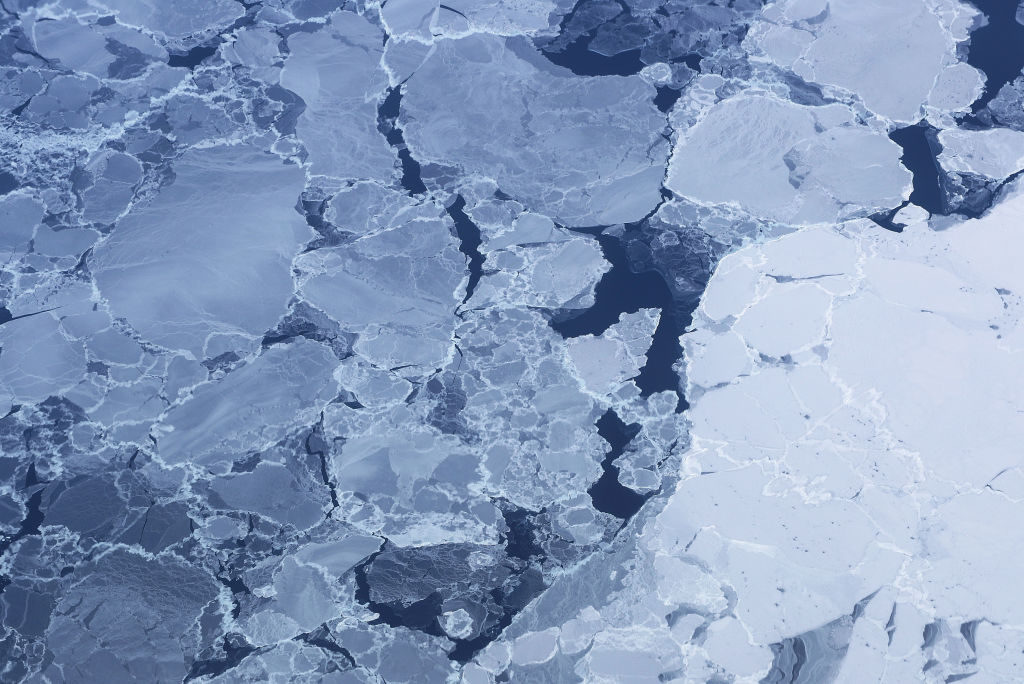
The lack of action by the global community on climate means several environmental tipping points may be triggered within this century, says the report:
Several of these could be in the Arctic, the report summarizes, including:
- boreal forest transformation
- Greenland ice sheet melt
- Arctic sea ice loss
- permafrost and tundra loss
Source: Stockholm+50:Unblocking a Better Future
Importance of Indigenous knowledge
The report is a syntheses of climate science along with recommendations for more robust implementation at both local and national levels.
Among the report’s recommendations are governments making sure all national policies are geared towards sustainability and making it easier for individuals to choose sustainable lifestyles in their everyday lives.
“The ample opportunities for policymakers to take action and the growing momentum for change gives me hope,” Nina Weitz, an SEI Researcher and project leader for the report, said.
“We see how public opinion reflects the urgency and willingness to change lifestyles, how youth worldwide demand and exercise more agency to fight climate change, environmental degradation and inequity, and that technological development and uptake is occurring faster than anticipated.”
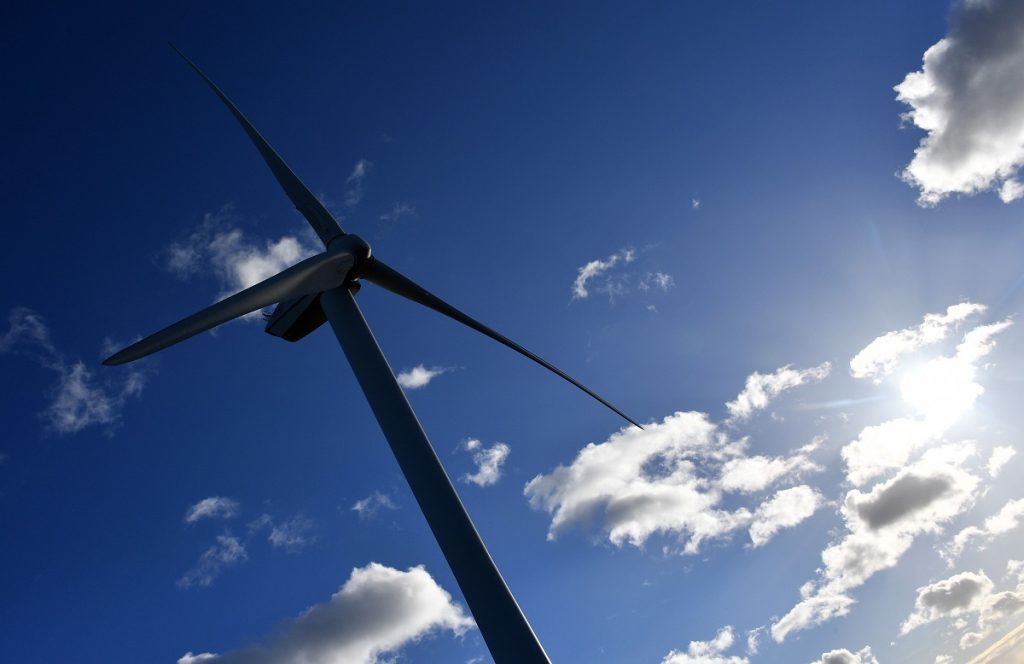
The integration of Indigenous and local knowledge into national climate policies and assigning legal rights to nature, are also among the report’s recommendations.
“Despite recognition in international agreements of the importance of traditional or Indigenous knowledge for conserving biological and cultural diversity, few national policies explicitly include it,” the report said.
The report says Indigenous concerns are also frequently sidelined on environmental and development questions, such as in Arctic Europe where green projects such as wind power, are having massive environmental and cultural impacts on the Sami.
“In Sápmi [the Sami homeland] in Scandinavia, for example, Indigenous communities are seeking the application of justice principles to both mining and renewable energy wind farms, on issues such as the legitimate representation of communities during consultation processes, territorial fragmentation, and impacts including changes in reindeer behaviour around mines and windfarms with knock-on ecological impacts,”
Rights of Nature
The Rights of Nature doctrine outlines that nature has an inherent right to exist in the same way humans do.
The report suggests the Rights of Nature aligns closely with Indigenous value systems and in addition to helping the climate, could play an important part in Indigenous sovereignty.
“One mechanism for achieving Indigenous self-determination could be through the legal concept of Rights of Nature, which is closely aligned with Indigenous world views,” the authors say.
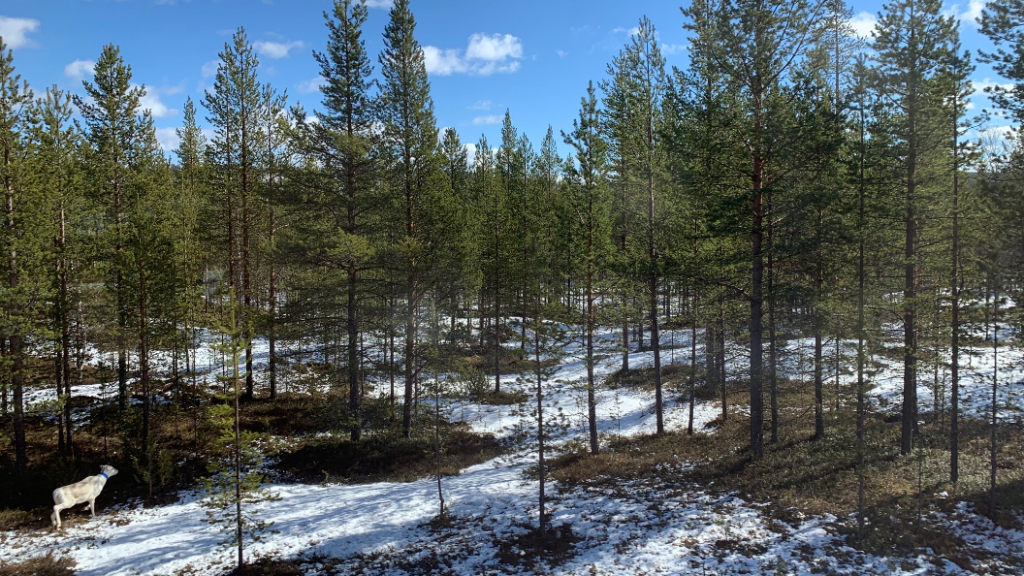
“Stockholm+50 is an opportunity to learn from the past, take stock of the present, and take transformational steps to create a legacy of a sustainable future for the planet,” Arunabha Ghosh, CEO of CEEW, said.
“With this report we have aimed to push the envelope and challenge our received wisdom. We now look forward to discussing the recommendations of the report with decision makers and policy institutions worldwide”
The Stockholm +50 meeting runs until June 3.
Write to Eilís Quinn at eilis.quinn(at)cbc.ca
Related stories from around the North:
Canada: “Our climate is changing before our eyes,” says WMO upon release of new report, Eye on the Arctic
Finland: The world could transition entirely to cheap, safe renewable energy before 2050: Finnish study, Yle News
Greenland: Melting of Greenland glacier generating its own heat and accelerating thaw from base, says study, Eye on the Arctic
Norway: Will the green transition be the new economic motor in the Arctic?, Eye on the Arctic
Sweden: Wind farm delays in northern Sweden could hinder green revolution, Radio Sweden
United States: Biden closes half of NPR-A acreage in Arctic Alaska to oil drilling, Alaska Public Media

